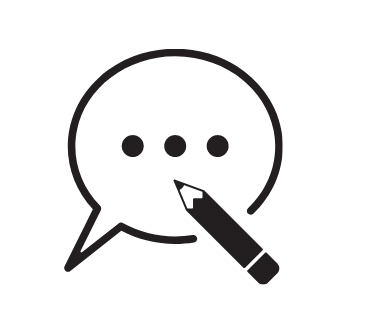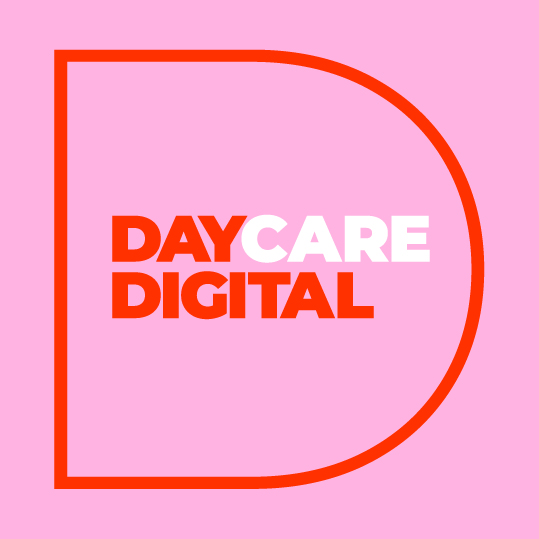EARLY CHILDHOOD BLOG

PROFESSIONAL INSIGHTS & INFORMATION
We know that you're passionate about providing the best possible care and education for your little ones, and we're here to help you do just that!
The Early Childhood Blog is a treasure trove of knowledge, covering everything from child development to early learning strategies to effective teaching methods. We're all about helping you enhance your skills and knowledge as an educator, so you can be the superhero your kids deserve.
But we're not just about textbooks and lectures. We know that social media and online presence are more important than ever, and we're here to guide you through the wild and wonderful world of digital teaching tools. Let's work together to make your online presence shine and support your professional growth.

5 Ways of Revolutionising Documentation through Social Media
I came across a reflective question the other day.
“How do you think documentation should be revolutionised to free up time with the children?”
Wow. Such a big and open-ended question. So many possible answers.
The way I read it was that documentation is necessary, we must do it. As a result of completing paperwork, we are directly losing time with the children. All true. It was not a case of complaining about having so much to do, but more of an expression that surely, we can do better. This was about best practice.
Whilst many were keen to point out that there is no prescribed way to document and that how you choose to do this varies from centre to centre; director to director; and philosophy to philosophy. Others shared how they do programming with the children so as to get their voices, and some felt that we should solely focus on building skills and social development to lay the foundations for life.
All opinions are valid.
There is no one “right” way of documenting. No one philosophy is the “correct” way to think.
However, we are in a position where we must document. Regulation 74 of the Education and Care Services National Regulations stipulates this. It’s the law.
Put simply, documentation must include, assessments of the child, including their interests and participation. Their progress must be in line with the outcomes of the EYLF and that must be accessible to all educators and parents of the child.
Of course. there will always be new and improved ways we can revolutionise documentation; it’s all a part of critical reflection. When you know better, you do better.
By using social media as part of your documentation process, you can be a part of this revolution. It offers a different way of recording and reflecting in a more collaborative and open forum and has the potential of freeing up educators to spend more time on the floor with the children.
So, how can we do this?
1. Posting a learning story on Instagram or Facebook gives you an accessible way of gaining feedback from your families and community through the comments you receive on the post.
2. Educators can use it as a way of connecting with other educators to critically reflect upon their practices. #childcareprofessional #earlychildhoodeducation #eylf and #earlychildhoodteacher are hashtags to use on these Instagram posts.
Want to get more opinions or comments on your documentation? Just ask for them and see what you get.
3. Keep it real on social media. It doesn’t need to be an “instagrammable” photo, but an authentic reflection of the experiences.
4. Parents already have access to documentation via apps or other documentation tools. Social media is just another tool and at times can be more accessible.
5. Not every piece of documentation needs to be shared via social media, and not every educator is comfortable sharing their reflective practice in such an open forum. Different tools work for different educators.
Ultimately, ensure you execute your social media, communication and privacy policies when using social media; and that you have appropriate permissions from families, educators and any other stakeholders involved before posting online.
If you would like to explore this more for your centre, why not let us see how we can use your social media and website to improve and add value to your QIP, documentation, and policy review. Navigate to the packages page to learn more.





